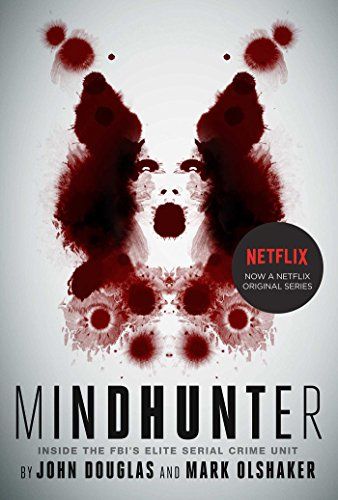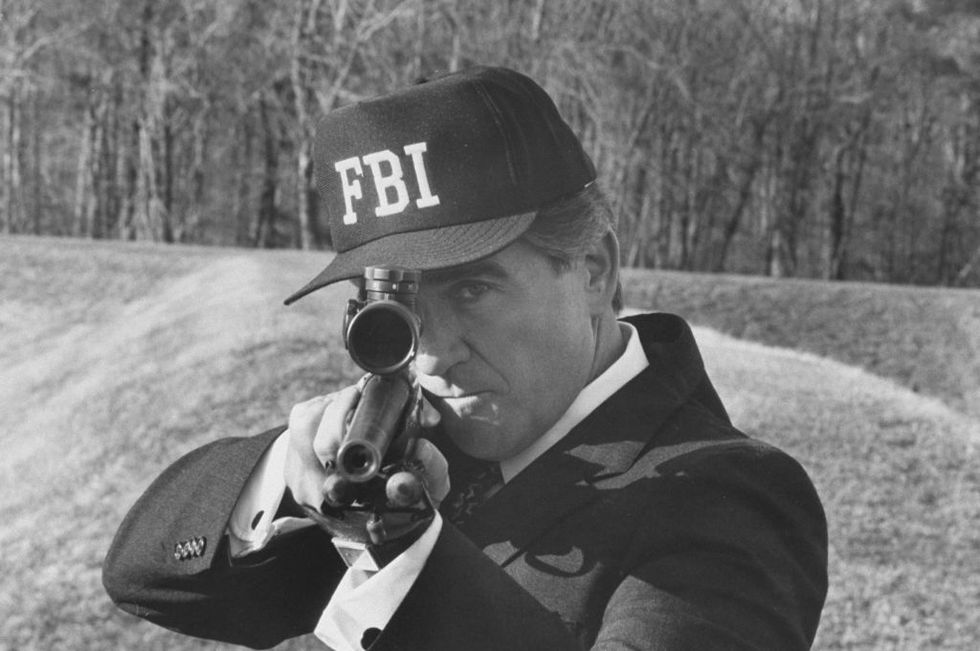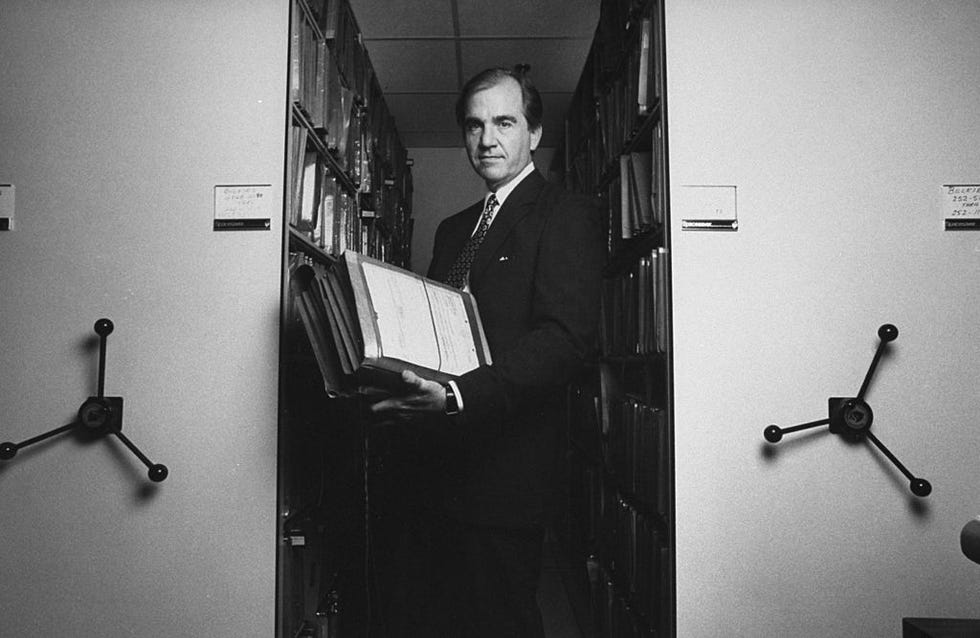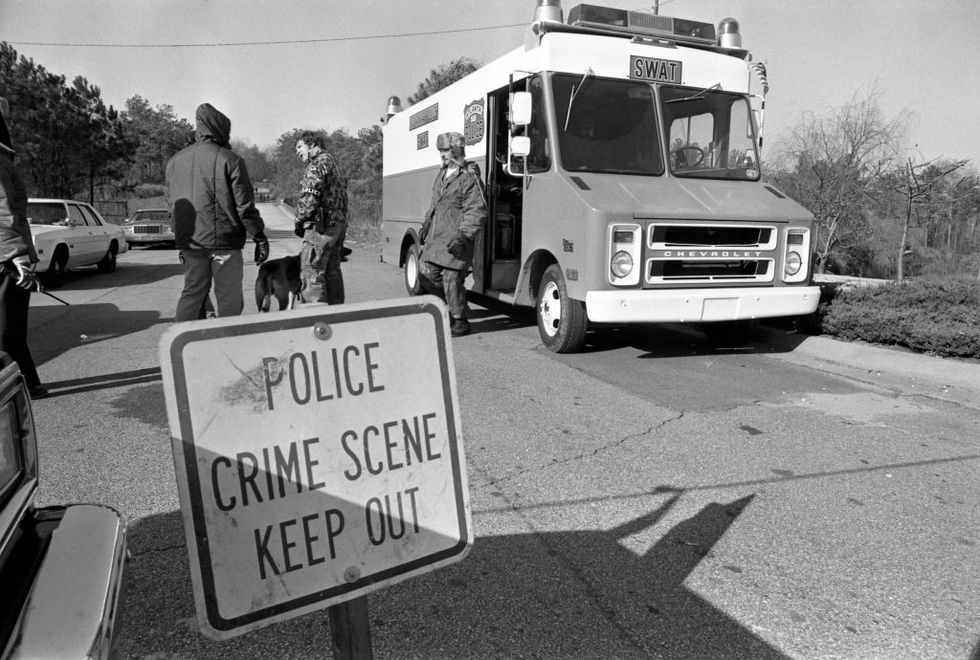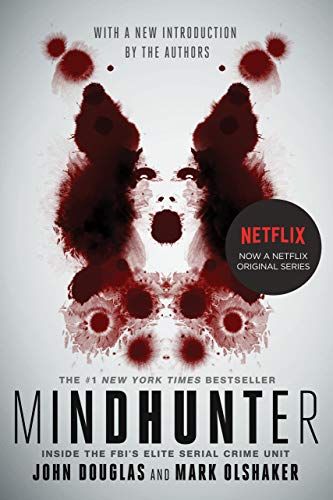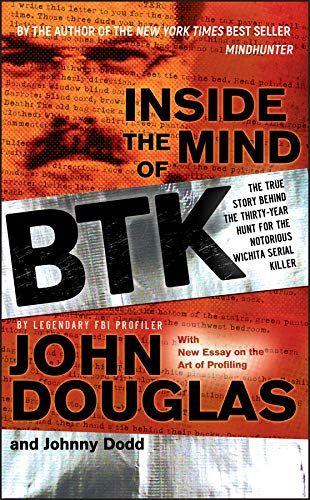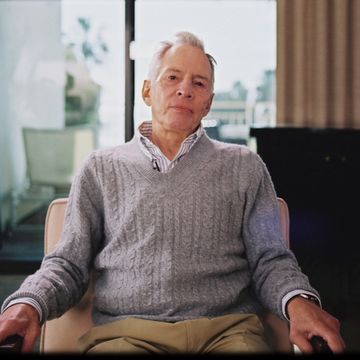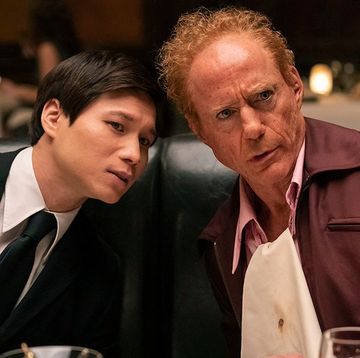- Netflix's Mindhunter features several characters and storylines from real-life FBI cases.
- The lead, Holden Ford, is based on FBI Special Agent John Douglas.
- Douglas wrote the book on which the series is based (also titled Mindhunter) and led the FBI's criminal profiling efforts.
With Mindhunter premiering its second season this weekend, audiences will finally learn the fate of the show's lead serial killer-profiler, Holden Ford. The last time we saw Ford, he was on the floor of a hospital, suffering from a panic attack; watching from across the hall was notorious serial killer Ed Kemper. The scene was quintessential David Fincher, Mindhunter's executive producer and occasional director. As previously displayed in his movie Zodiac, his crime drama marries fastidious historical attention with its own dark (and sometimes comic) exaggeration.
Mindhunter itself, however, is more historical than fictional. The series is based on the book of the same name, and maintains a strong historical authenticity. That said, Fincher's world often stretches beyond the real in order to focus our attention on non-historical details—particularly the obsessive characters that often patrol his drama. In Mindhunter, that character is Holden Ford (Jonathan Groff). Ford is based on the FBI agent and Mindhunter author John Douglas, whose serial killer interviews helped bolster FBI profiling efforts.
Mindhunter’s Ford, while true to Douglas' criminal profiling history, takes several liberties, such as his romantic relationship with Debbie, his obstruction of FBI investigations, and his particular mental collapse. All of those character details are exaggerated or manufactured (Douglas' psychological stress, however, was very real; more on that below).
That being said, Douglas' real story is no less exciting than his fictional counterpart.
What was John Douglas' role in the FBI?
After serving in the Air Force, Douglas joined the FBI in the early 1970s, working as a special agent on bank robbery and fugitive cases in the Detroit and Milwaukee field offices. He also worked as a SWAT team negotiator during this time.
In 1977, Douglas joined the FBI's Behavioral Science Unit (BSU) as an instructor. (The BSU has since folded into the FBI Academy. In its place now exists the Behavioral Analysis Unit–today’s Mindhunter equivalent.)
At the BSU, Douglas traveled around the United States with colleague Robert Ressler (who exists in Mindhunter as the character Bill Tench) interviewing serial killers: David Berkowitz, Ted Bundy, Edmund Kemper, Charles Manson, and Richard Speck were among the notable names.
Following these interviews, Douglas completed a serial killer database which would help inform FBI profiling and prevention efforts. Before Douglas' research, the role of psychology in criminal research was limited. In an interview with The Chicago Tribune, Douglas noted that "authorities who were making decisions on criminal responsibility concerning probation, parole, treatment, sentencing, didn't have any clue to the motivation of these people . . . authorities make these decisions and never really studied the crime." Douglas said that understanding these motivations became his primary research focus. "My thesis was: to understand the artist you must look at the artwork."
Douglas, now 74, retired from the FBI in 1995. That same year, he published Mindhunter; in the years since, he's continued to work as an author and an independent investigator.
Did Douglas have a mental breakdown?
Douglas wrote about the toll his research took on his psychological well being. His interviewing efforts often put him into close contact with the nation's most violent criminal offenders, and Douglas was eventually diagnosed with PTSD.
During one case and partly due to stress, Douglas contracted viral encephalitis. He made a full recovery, but the stress of the work never abated. At one point, Douglas was overseeing 1,000 violent crime cases every year.
Did Douglas go to Atlanta during the child murders?
He did.
The killings began in 1979, two years after Douglas began his profiling research. The FBI, however, didn't get involved in the case until 1980, after the abduction of a 7-year-old girl (the ninth victim).
Mindhunter season 2 focusses exclusively on this case and the almost year-long investigation into the killing.
In the real-life killer profile that Douglas created for the case, he suggested that the killer was not crossing racial boundaries. He believed it to be impossible for a white killer to move inconspicuously through predominately black communities. The suggestion that the killer was also black would prove to be an essential feature of the FBI's profile,
Ultimately, 23-year-old Wayne Williams was arrested in connection with the killings. Williams was convicted of two murders, but is believed to be responsible for at least 23 more. Douglas, however, disagrees, writing in Mindhunter on page 238 that evidence suggests Williams is responsible for a number of killings but not all the disappeared children.

